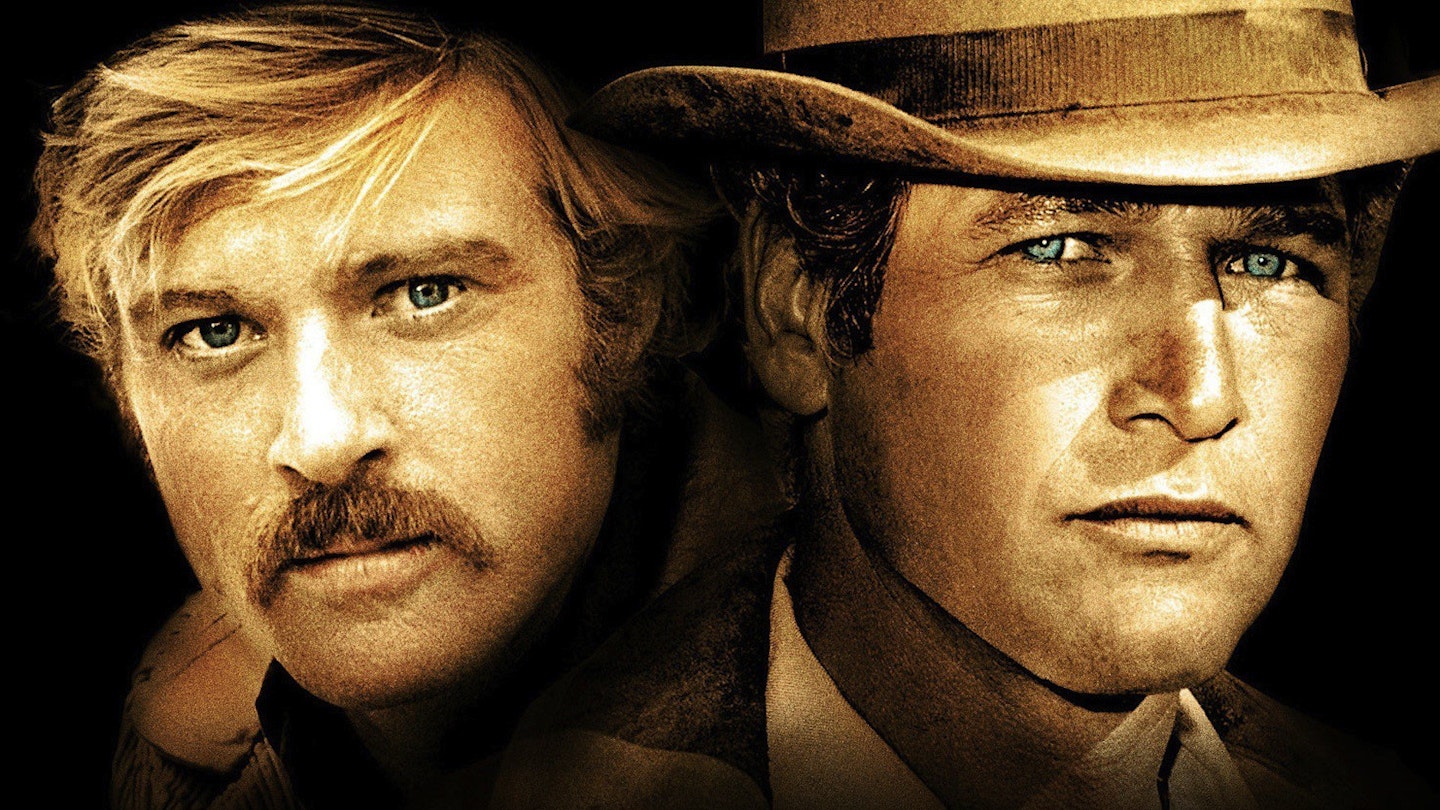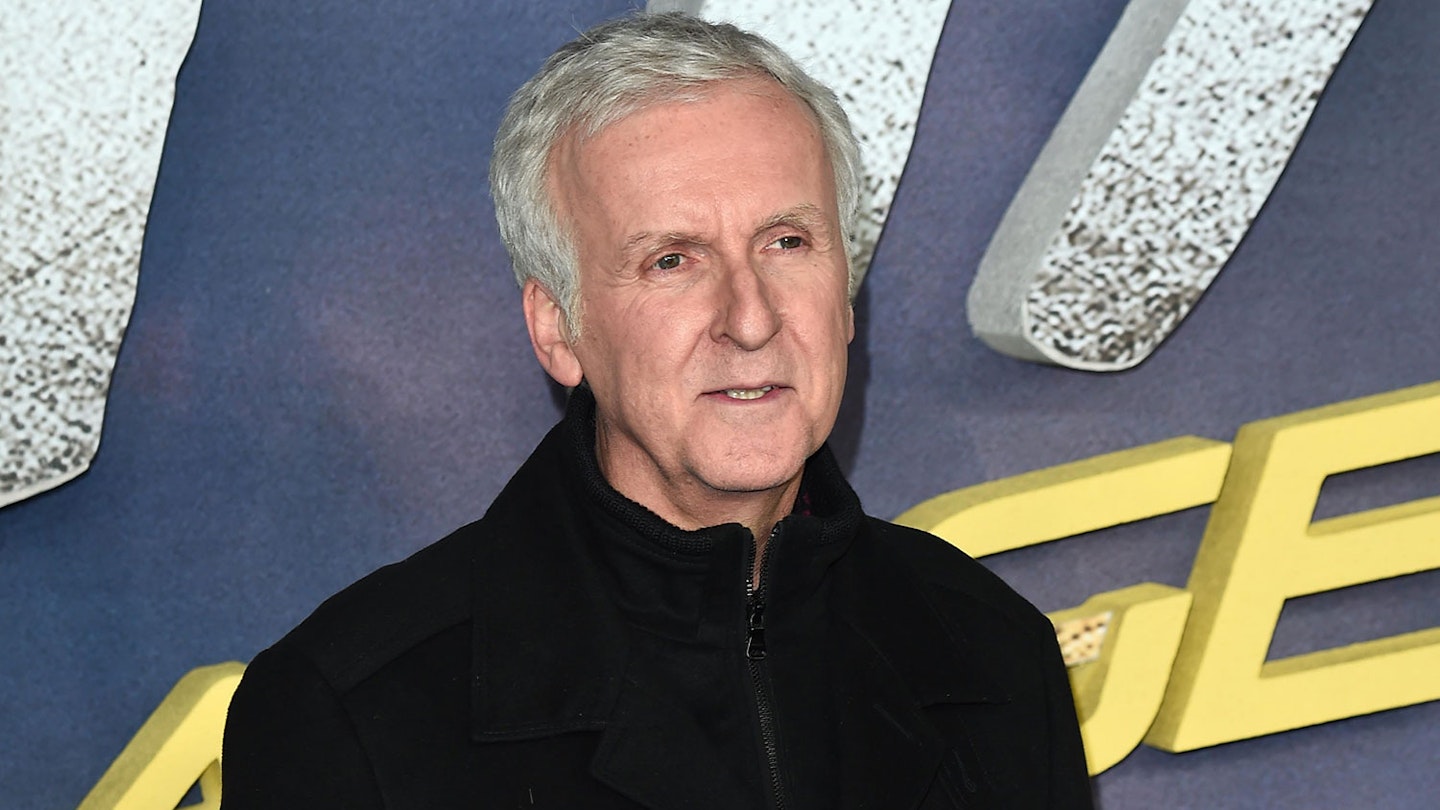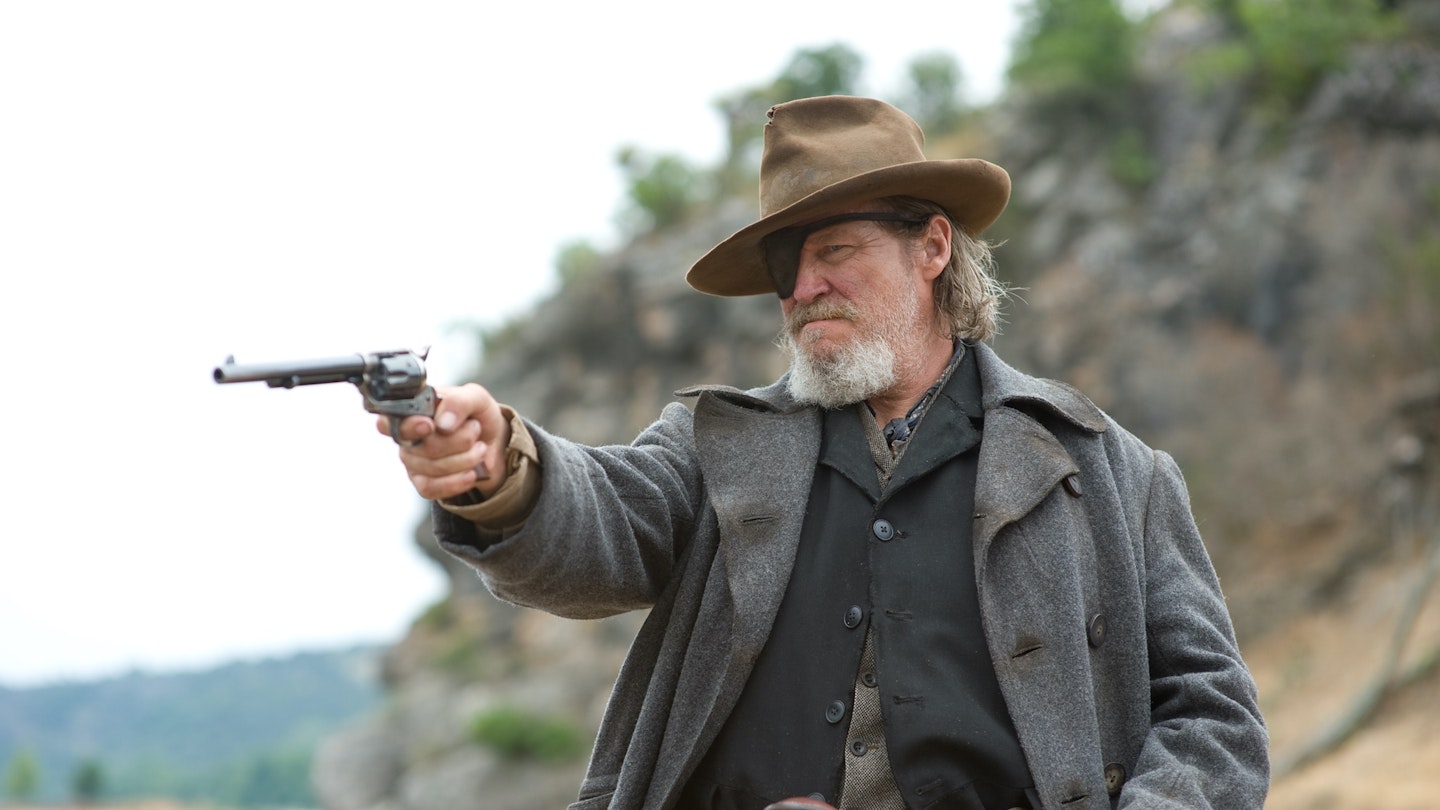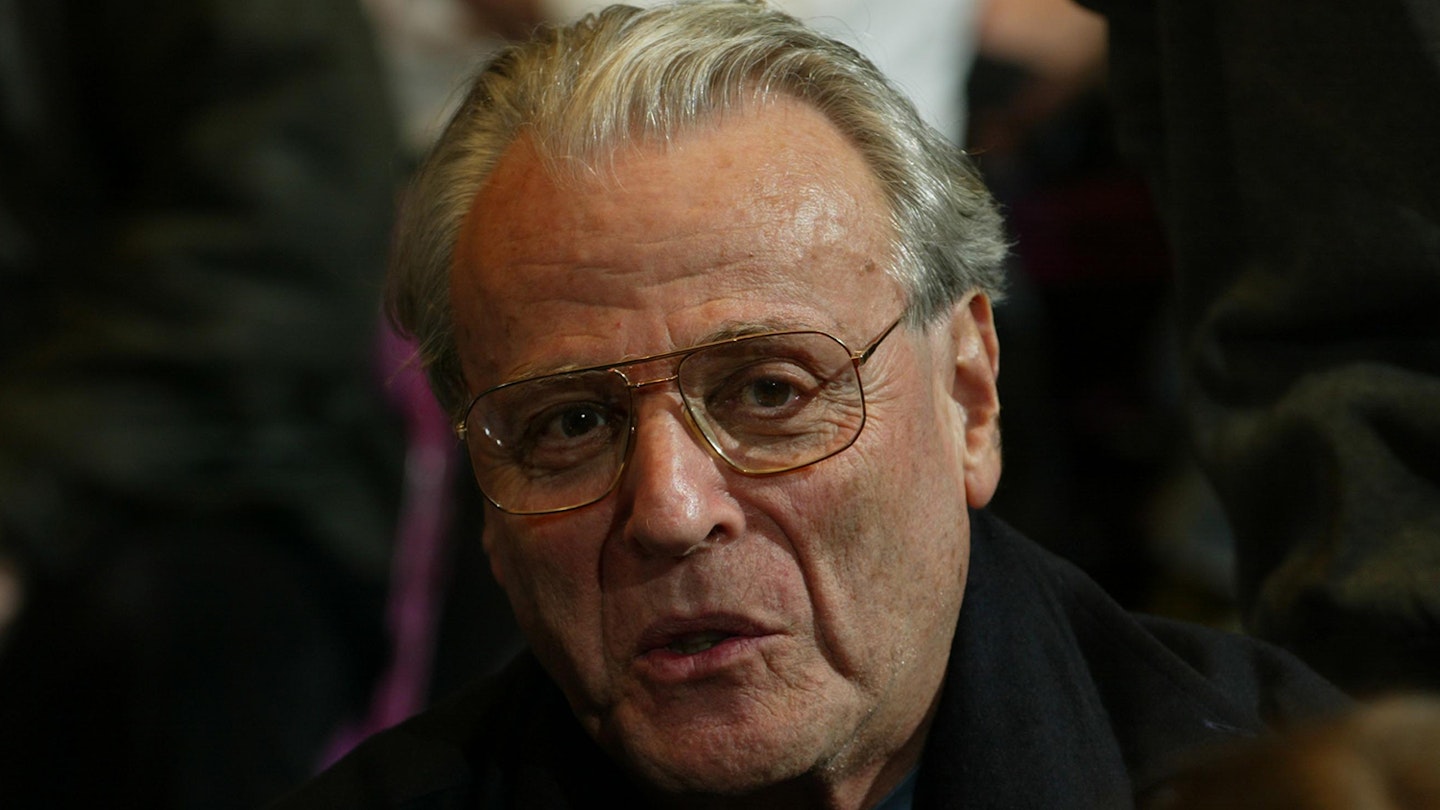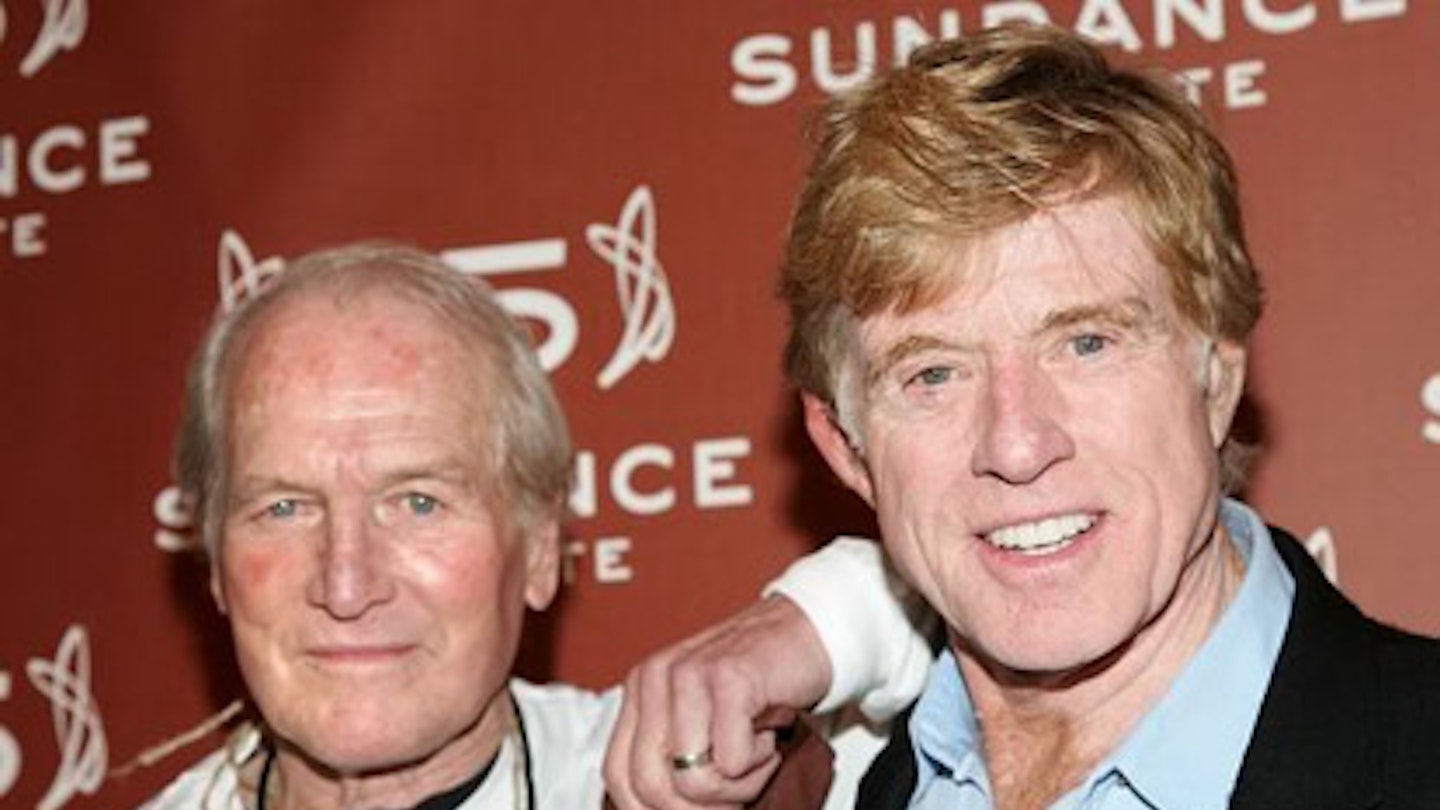Before he became a screenwriting essayist, William Goldman won an Oscar at the fag end of the 60s for his screenplay that presents legendary outlaws Butch and Sundance, not so much in a revisionist light, as a sepia tone. His playful script mixes historical detail with a great degree of leniency, resulting in a Western that aims to reinvent the West not as it was, but as the place we all wanted it to be.
Newman, his dazzling blue eyes never more piercing, is Butch, leader of the notorious Hole In The Wall Gang and a visionary bank robber. Redford, famously held in close-up by director George Roy Hill to establish his presence, broods with all the good nature of the Fastest Gun In The West, staring the camera down and providing a perfect foil - both comic and serious - for Newman. (And to think, Warren Beatty turned down the role, Steve McQueen bailed at the 11th hour and Newman was originally down to play the Kid until he suggested swapping roles with Redford - which just goes to show how haphazard making a classic movie can be.) Ross, meanwhile, fresh from The Graduate, radiates as the woman behind - and often between - the two outlaws, providing both a physical and mental romantic interest for our two decidedly heterosexual heroes.
Coming as it did at the end of Hollywood's love affair with the romantic notion of the West, and on the cusp of its later dissection of the Western archetype, Butch Cassidy And The Sundance Kid avoids falling between these two stools; instead it finds the Western, like its central characters, in transition. Hell, it's kept William Goldman in work for over three decades, even though he's only written a handful of decent screenplays since. Year Of The Comet, anyone?
There are, of course, the points against: Newman's bike riding to B. J. Thomas redefines the word 'twee', and George Roy Hill could be held singlehandedly responsible for begetting what we now perceive as the 'buddy movie' (with the director and his star re-teaming for The Sting a mere four years later), and its influence can still be felt today in everything from the Lethal Weapon franchise, to Thelma And Louise and beyond.
But along the way Butch and Sundance take the time to provide us with cinema's greatest waterfall leap (and how many Sunday afternoons have been defined by Redford yelling "Shiiiiitttt!!!!" - in a family film, no less?), and one of cinema's most memorable and elegiac endings, as Butch and Sundance literally fade into a photo memory. In fact, it's hard to imagine that a movie with the Burt Bacharach career low of 'Raindrops keep falling on my head/And just like the guy whose feet are too big for his bed' could ever feel this good.
